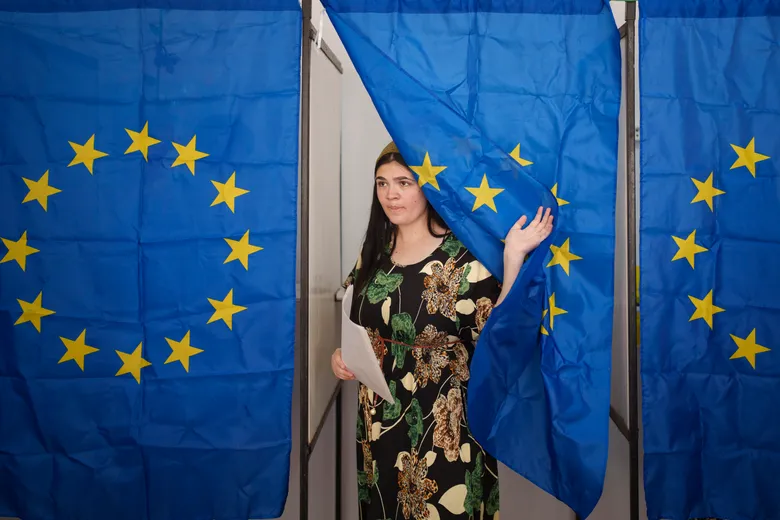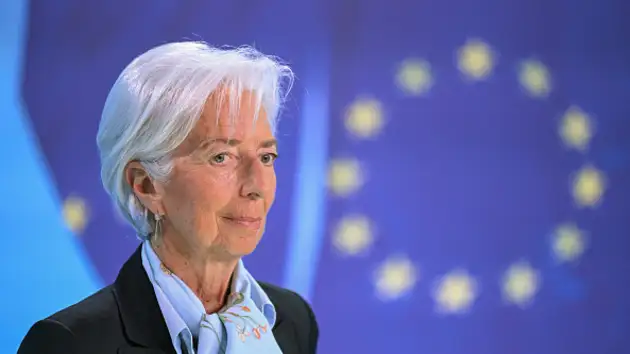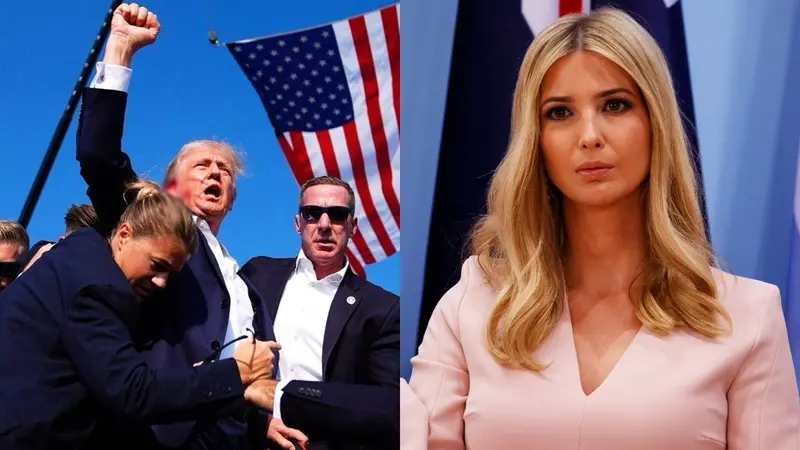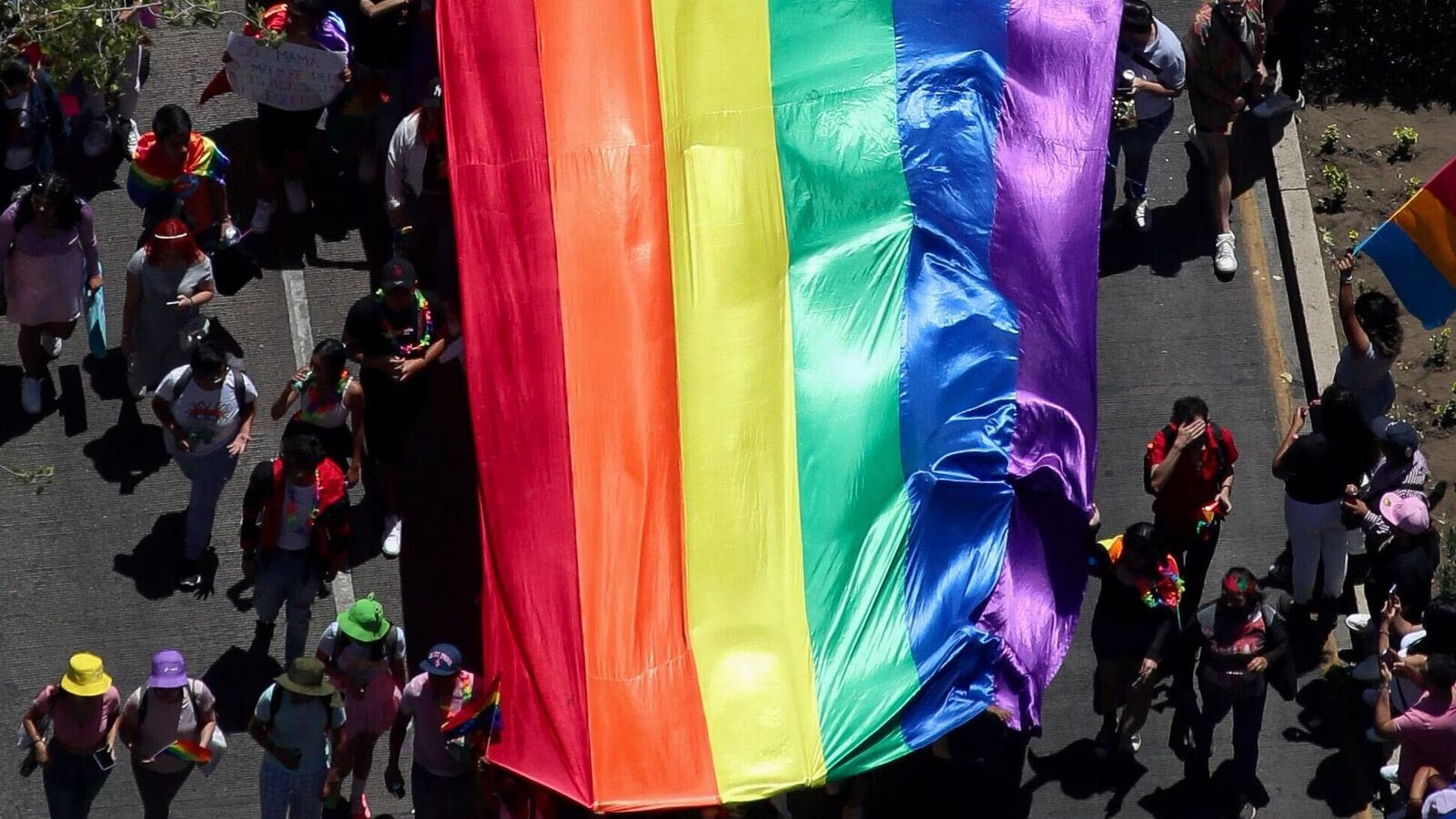Brussels (AFP) – Opinion polls after the EU parliamentary elections indicate a significant shift towards the hard right, although the centre appears more resilient than expected. But the Greens are expected to suffer heavy losses.
In Germany, a stronghold of environmentalists, support for the Green Party is expected to fall from 20% to 12%, with similar drops expected in France and other EU countries. The slump could hit the EU’s progressive climate change policies.

The centre-right Christian Democratic bloc led by European Commission President Ursula von der Leyen dominated Germany with around 30%, ahead of the Social Democratic Party, which fell to 14%, and also lagging behind the far-right Alternative for Germany party.
ARD and ZDF forecasts showed AfD support rising from 11% to 16.5%. The combined result of the three parties in the German ruling coalition was barely above 30%.
Von der Leyen, addressing her supporters, stressed stability and strength during difficult times.
The far-right, focused on immigration and crime, is also expected to make gains in France and Italy, with the party of Marine Le Pen and Prime Minister Giorgia Meloni consolidating its power.
Voting continues in Italy, where many of the 27 member states have not yet announced their forecasts. Exit polls confirm previous expectations that the EU will shift to the right, which could complicate legislation and decision-making in the bloc.
The war in Ukraine, migration and the impact of climate policy on farmers influenced voters, who chose 720 members of the European Parliament for the next five-year term.

Laura Simon, a voter from Berlin, expressed hope for unity and avoiding a hard-right turn.
EU lawmakers influence fiscal rules, climate policy and agricultural policy, approve the EU budget, and have veto power over EU Commission appointments.
The elections come amid a testing time for voter confidence, as the EU faces a pandemic, economic recession and an energy crisis caused by the biggest conflict on European soil since World War II. Election campaigns often focus on national issues rather than the EU’s broader interests.
Sunday’s vote ended a four-day election cycle that began in the Netherlands, where exit polls indicated big gains for Wilders’ far-right, anti-immigrant party, although a pro-European coalition is likely to put it in second place.
While casting his vote in Flanders, Belgian Prime Minister Alexander De Croo warned that Europe was “at a crossroads” and under unprecedented pressure.
Since the 2019 EU elections, populist or far-right parties have taken the lead in Hungary, Slovakia and Italy, joining the ruling coalitions in Sweden, Finland and soon the Netherlands. Opinion polls show populists have made gains in France, Belgium, Austria and Italy.

Hungary Prime Minister Orban, who has called for a hard-right stance, expressed optimism after the vote.
After the election, political parties will reevaluate their alliances in the European Legislative Council. The center-right European People’s Party has moved to the right on security, climate and migration. The main question here is whether the Italian Brotherhood will stay with the group of European conservatives and reformists or join a new hard-right bloc. Another scenario involves the Le Pen group joining the European Constitutional Reform Council to strengthen the influence of the far right.
The center-left Socialists, Democrats and Green Party refused to cooperate with the European Council. Uncertainty has surrounded Orban’s Fidesz coalition, which was previously part of the European People’s Party but was ousted in 2021.
The elections begin a period of uncertainty as new leaders of European institutions are chosen. Governments will compete for top positions across the EU, including the president of the European Commission, the president of the European Council and the EU’s foreign policy chief.
These roles are crucial for proposing laws, managing the EU budget, overseeing trade and acting as the bloc’s top diplomat.



